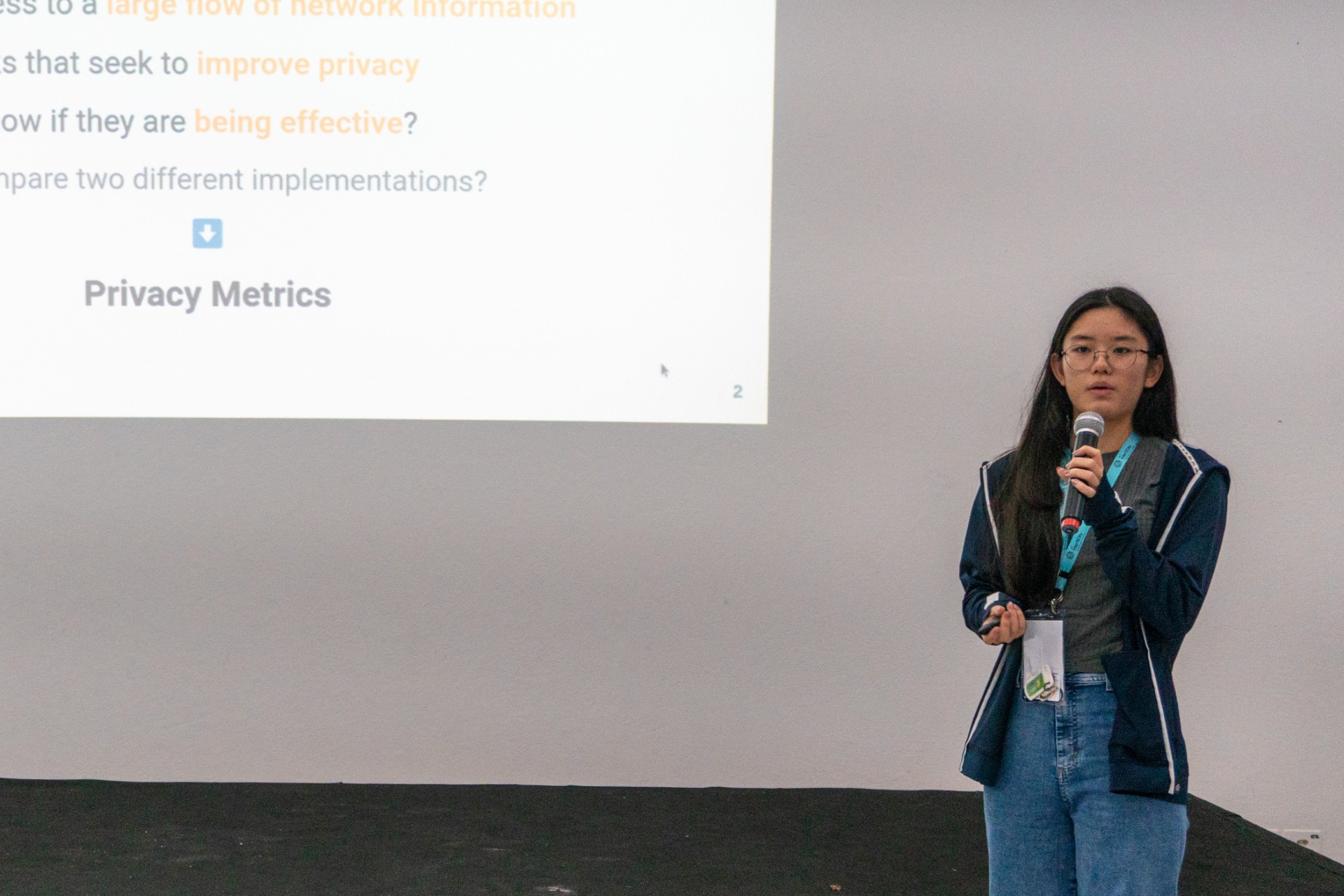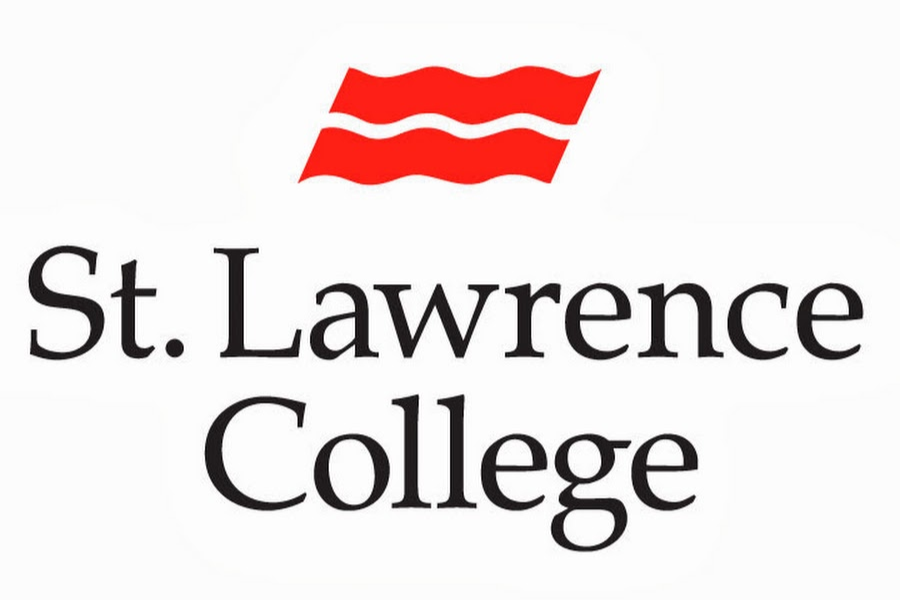Hi :)
I'm Jessica
Business Analyst Student
I am a Business Analyst student with a Computer Science background, passionate about data analysis and research. I have experience in Python, SQL, and R, and I am eager to apply my skills to real-world projects and learn from industry professionals.
ContactAbout

Education
PGC in Business Analytics (2024 - 2025)
St. Lawrence College, Kingston, ON, Canada
BcS in Computer Science (2020 - 2023)
University of São Paulo, São Paulo, SP, Brazil
Experience
Worked with Data Analytics at Virgo Inc, a Fintech in Brazil, and as an Assistant in St. Lawrence College and Kumon.
Have published 3 research papers (undergraduate) in the field of Security, Privacy and Artifical Inteligence, Computer Science.
I volunteered as a researcher, hackathon and university event organizer, chilcare education, and community service. Developing my communication, design, and problem solving skills.
Skills
Profesional Skills
Apart from analyst skills, I have a strong foundation in programming (C, Bash, Octave, Bash, Java, Julia, WebDev), design (Canva and Procreate), and soft skills.

Portfolio
Work

Student Leadership Assistant
Developed AI readiness content and leadership programs. Managed digital platforms, analyzed student data, and supported operations using MS Office.

Administrative and Teaching Assistant
Delivered personalized Math, Portuguese, and English lessons using the Kumon Method. Supported student growth and daily operations.

Tech Wintership
Analyzed Brazilian stock market data (UP2DATA & B3) using Excel, Python, and SQL to uncover trends, streamline access, and support customer targeting.
Publications
LUNCH: an Answer Set Programming System for Course Scheduling
Key words: Logic programming, scheduling, answer set programming, constraint solving
Timetable scheduling is a known NP-hard problem; despite this, there have been many efforts to enable
fast and efficient algorithms and heuristics for such a challenging task. Within the realm of timetable
scheduling lies the particularly complex problem of Course Scheduling (CS). The goal in CS is to find an
optimal timetable configuration of courses within the constraints set by faculty, course requirements and
departmental functions. Answer Set Programming (ASP) is a declarative logic programming paradigm for solving
combinatorial search tasks; instead of explicitly writing the solution to the problem, ASP programs define
the problem's constraints and knowledge in a high-level language, leaving the model search to a highly optimized
solver. In this work, we construct and showcase LUNCH, an easily extensible, free and open-source system for
course scheduling. Notably, we study the use of ASP for course scheduling within the specific context of a
department of a large university in Brazil, showing how LUNCH fares against the manual scheduling done in
previous years.
DOI: https://doi.org/10.5753/eniac.2023.234540
Risk Area Modeling of Intrusion Detection Systems for Privacy Metrics Calculation
Key words: Network security, intrusion detection, IDS (Intrusion Detection Systems), privacy metrics,
LGPD (Brazilian General Data Protection Law), GDPR (General Data Protection Regulation)
Although recent regulations require software developers to become severely concerned about privacy,
recommendations related to this have been around for years. Despite the relatively old understanding
that computational systems need to guarantee the user’s privacy, it has been difficult to find works
that evaluate the regulations in existing systems, mainly because privacy metrics vary with the
application domain. This paper presents preliminary results from the modeling of risk areas aiming to
measure privacy metrics of an IDS based on machine learning. It is shown that it was possible to adapt
the principles of the literature to our domain.
DOI: https://doi.org/10.5753/sbseg_estendido.2023.233937
Using Animations to Compare Hashes in Electronic Voting via Internet
Key words: Security, online voting, hashes
Secure electronic voting systems via the Internet require data comparison at various stages of the voting process.
Some of this data is hashes, usually represented by strings. Comparing these strings by humans tends to be tedious,
which means that it is not always performed correctly. This paper reports preliminary results of a software system
that advances state of the art in electronic voting via the Internet by comparing hashes represented by animations.
The basis of the system are the free software hashify, responsible for the animations, and the free software Helios,
responsible for the votes. Results show that it is possible to compare Helios hashes using hashify animations.
DOI: https://doi.org/10.5753/sbseg_estendido.2022.224854
Volunteer
Open House Volunteer
St. Lawrence College, Kingston, ON, Canada
Presented college services to prospective students and families, adapting communication for all age groups.
Executive Member
BDAI Club – St. Lawrence College, Kingston, ON, Canada
Promoted tech events and managed social media to boost student engagement.
Lessons Translator
Mustard Seeds TnT Ministries, São Paulo, Brazil
Adapted English lessons into Portuguese with cultural relevance for broader accessibility.
Camp Organizer
Saúde Free Methodist Church, São Paulo, Brazil
Planned full-day schedules and coordinated staff to ensure a fun and safe camp experience.
Hackathon Organizer
SheHacks CodeLab IME-USP, São Paulo, Brazil
Designed visuals and managed logistics to deliver a vibrant, well-organized event.
Reception Week Organizer
IME-USP, São Paulo, Brazil
Created popular merchandise and helped first-year students integrate through sports and events.
